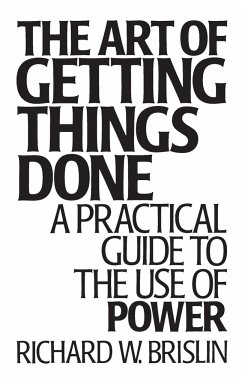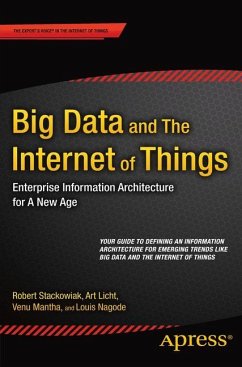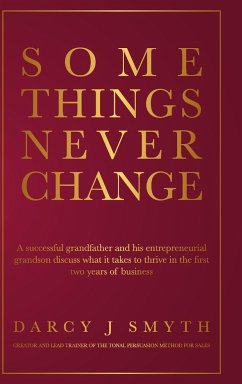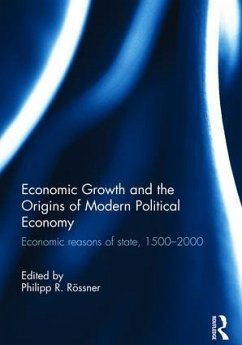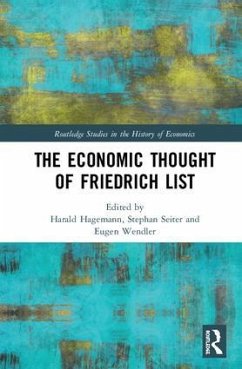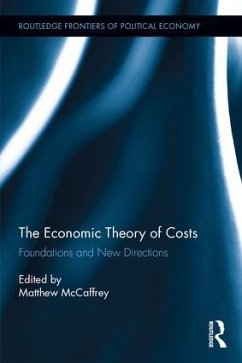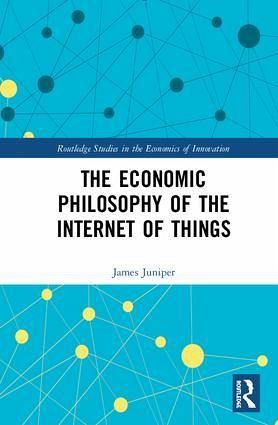
The Economic Philosophy of the Internet of Things
Versandkostenfrei!
Versandfertig in 1-2 Wochen
167,99 €
inkl. MwSt.
Weitere Ausgaben:

PAYBACK Punkte
84 °P sammeln!
This book contends that neoclassical approaches to modelling economic behaviour based on optimal control by "representative-agents" are ill-suited to a world typified by concurrency, decentralized control, and interaction. It argues for the development of new, process-based approaches to analysis, modelling and simulation and provides the context for the construction and application of new, rigorous, and meaningful analytical tools. It develops a critical understanding of the digital economy grounded in a Post Cognitive framework; bridging disciplinary domains of cognitive science, theoretical...
This book contends that neoclassical approaches to modelling economic behaviour based on optimal control by "representative-agents" are ill-suited to a world typified by concurrency, decentralized control, and interaction. It argues for the development of new, process-based approaches to analysis, modelling and simulation and provides the context for the construction and application of new, rigorous, and meaningful analytical tools. It develops a critical understanding of the digital economy grounded in a Post Cognitive framework; bridging disciplinary domains of cognitive science, theoretical computing, social theory and political economy, by grounding analysis in a philosophical framework.





